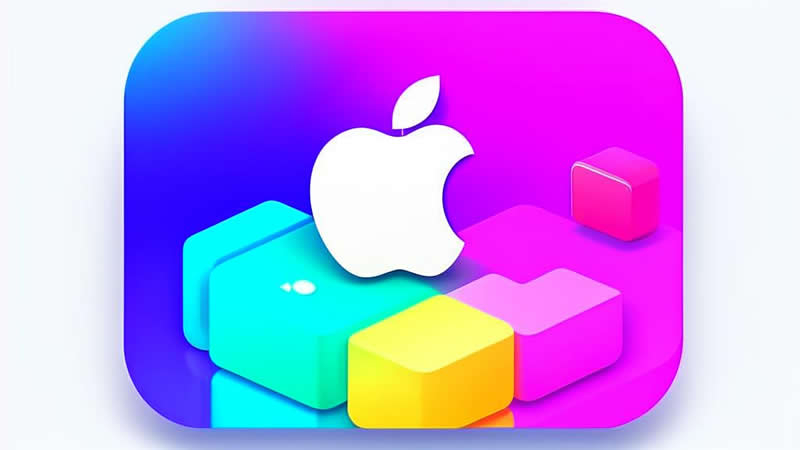Tech giant Apple has recently acknowledged and rectified a longstanding glitch in its parental control system, Screen Time. The flaw, which persisted for as long as three years, essentially allowed minors to easily bypass restrictions set by their parents to prevent exposure to inappropriate online content. Despite the recent corrective action, it has been observed that the Screen Time feature still contains numerous shortcomings.
In 2021, safety researchers Andreas Jägersberger and Ro Achterberg reportedly alerted Apple twice about the loophole. They pointed out that children could easily sidestep parental blocks on select sites by entering specific character sequences into Safari’s address bar. However, their concerns were dismissed, with the company’s representatives arguing that it was not a security issue, but a characteristic associated with the software, according to TheVerge.
It was only after the pair voiced their complaints to The Wall Street Journal about Apple’s lack of action that the company finally admitted the existence of the glitch. Shortly afterward, Apple announced to the parents that the issue had been resolved in the iOS 17.1 update. However, some parents still encounter issues with the app and express dissatisfaction with Apple’s restrictions on third-party applications.
This incident highlights that the inbuilt parental control tools in iOS are far from perfect. Despite this, Apple has restricted the use of third-party apps designed to monitor children’s online activity on iOS, even as its own solution, Screen Time, remains riddled with flaws. For example, there have been reported instances where Screen Time’s time restriction settings malfunctioned. Although some of these bugs were rectified in recent iOS updates, it is clear that Apple has not dedicated sufficient resources to the development and testing of its parental control features, TheVerge points out.
Consequently, parents are compelled to rely on Apple’s singular application for supervising their children’s internet usage, even though it regularly falls short of their expectations and fails to provide a sufficient level of online protection for their kids. Therefore, specialists urge Apple to grant API access to third-party developers, thus allowing them to create more advanced and reliable alternatives to iOS’s current parental control apps. However, so far, Apple has refrained from commenting on this proposal.





